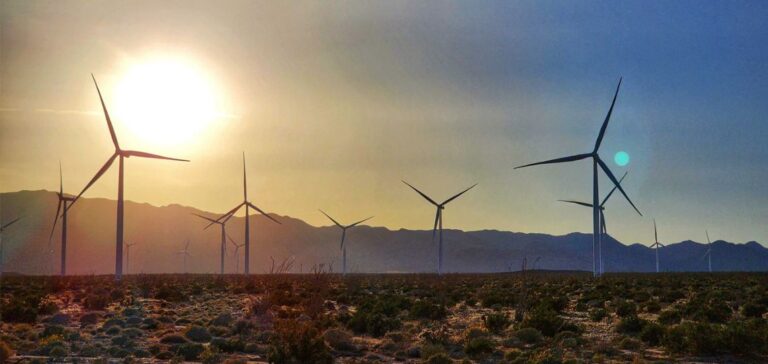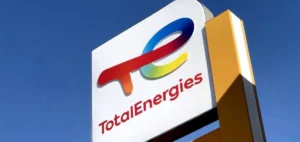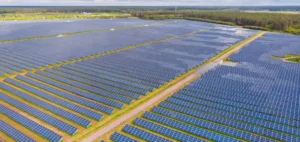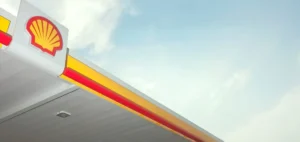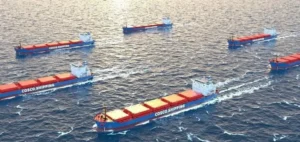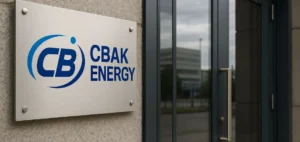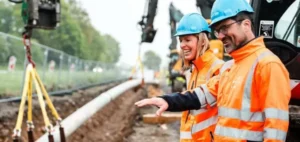SkySpecs acquires Fincovi and Vertikal AI to develop cutting-edge technologies for the wind energy sector and industry. In particular, this involves robotization, automation and the use of new technologies for wind farm assets.
SkySpecs, Fincovi, Vertikal Al to modernize assets
SkySpecs, a world leader in wind turbine technology, has become the owner of two well-known companies. Vertikal Al is a pioneer in the implementation of Artificial Intelligence (AI) for the operation and maintenance of wind farm assets. Fincovi aims to make renewable energies the best managed and most sustainable real asset class.
“There is an incredible opportunity to integrate operating data with financial data to provide better insight into asset investment,” testifies Ray O’Neill, CEO of Fincovi.
These companies combine the information and technologies needed for optimal asset management in the clean energy sector. SkySpecs automates maintenance operations, Fincovi predicts risks and returns, and Vertikal provides advanced asset monitoring. In the long term, this collaboration will ensure lasting benefits for owners.
Automation and robotization in the wind power industry
The automated robotics developed by SkySpecs have already enabled it to automate large-scale wind turbine operations and maintenance. SkySpecs’ aim is to implement new technological innovations. Vertikal Al, for example, is developing robotic predictive analysis software for the rapid detection of faults and other malfunctions.
“Joining SkySpecs will enable us to deliver our predictive maintenance software to market – on a large scale – for maximum performance impact with wind power producers,” adds Allan Larsen, CEO of Vertikal.
The modernization of the wind power industry also involves the deployment of autonomous drones across wind farms. Drone inspection cuts the cost of a traditional manual inspection by 40%. Results can be achieved in just a few days, whereas it usually takes several weeks.
This technology will become essential for offshore wind farms, where maintenance and inspection operations remain complex. A recently published report forecasts the growth of the drone market in the renewable energy industry. SkySpecs is already one of the emerging players in this industry, thanks to its innovative wind turbine technologies.
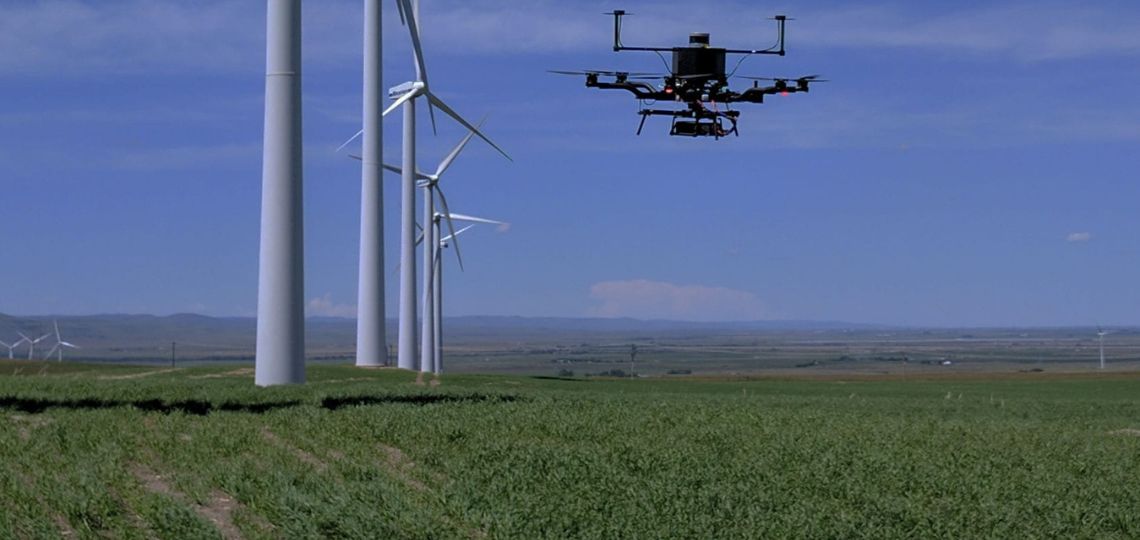
New spearhead: predictive information and data management
Owners of wind power assets are looking to maximize their returns, while minimizing their expenses. To achieve this, SkySpecs aims to use data automation to generate profitability. In addition to increasing total production potential, these systems also extend asset life.
“Our global customers face critical challenges in budgeting and maximizing the lifespan and return on their assets,” explains Danny Ellis CEO of SkySpecs.
Predictive and automated information must enable asset owners to have a global vision of their operations. Finally, automation and robotization of wind turbines appear to be viable solutions to support the rapid modernization of the wind power sector.
SkySpecs supports the modernization of its customers’ wind power assets
SkySpecs already operates in 26 different countries. The group now has offices in Ann Arbor Mi (USA), Amsterdam (Netherlands), Dublin (Ireland), Vejle (Denmark), and Hyderabad (India). SkySpecs customers include wind farm owners, operators and OEMs.
“Collectively, we’ll help wind farm owners and operators to invest in, maintain and manage the world’s best-performing wind assets,” says SkySpecs’ CEO.
Owners need to ensure the long-term sustainability and profitability of their wind farm assets. Yet as the wind industry grows and modernizes, many components are aging prematurely. SkySpecs is thus establishing itself in a market of the future, where demand is likely to increase significantly and prematurely.

